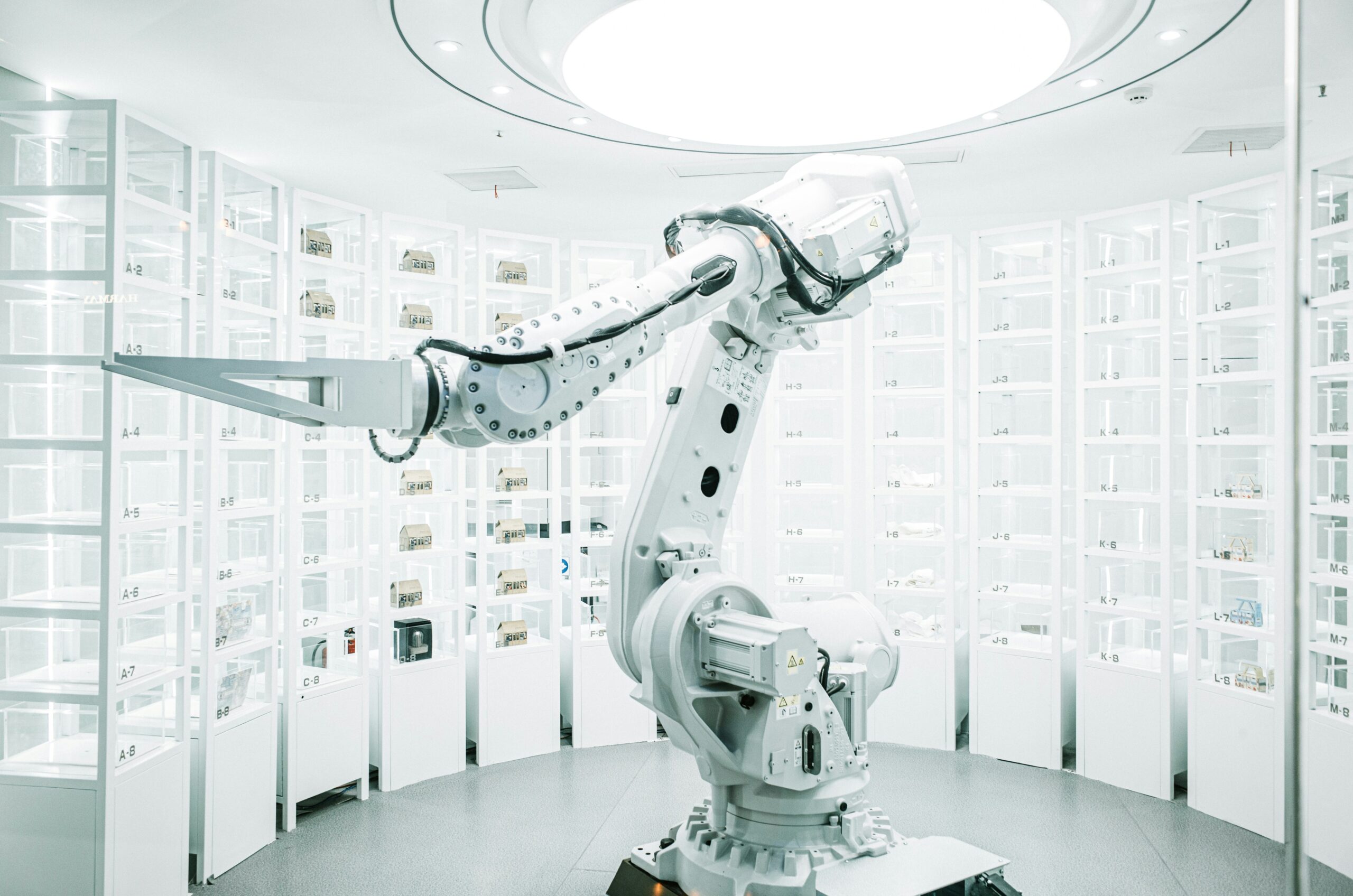
Artificial Intelligence (AI) is rapidly reshaping various industries, and manufacturing is no exception. As companies seek to improve efficiency, reduce costs, and enhance product quality, integrating AI into manufacturing operations has become increasingly important. AI can streamline production lines, enhance predictive maintenance, and even drive innovation in product design. This article will explore how AI is integrated into manufacturing operations and the key benefits and challenges associated with its adoption.
Enhancing Operational Efficiency
One of the most significant advantages of integrating AI into manufacturing operations is the boost in operational efficiency. AI systems, equipped with machine learning algorithms, can analyze vast amounts of data in real-time, allowing manufacturers to identify inefficiencies and optimize processes. For example, AI-powered robots and automated systems can work alongside human workers, performing repetitive tasks faster and more accurately. These systems can adapt to changes in the production line, minimizing downtime and ensuring production runs smoothly.
In addition to automating routine tasks, AI can optimize supply chain management. By analyzing historical data and predicting demand, AI can help manufacturers better forecast inventory needs, ensuring that the right materials are available at the right time. This reduces waste and helps maintain a steady production flow. As manufacturers increasingly adopt AI-driven systems, they can achieve a more flexible, efficient, and agile operation that can quickly respond to market changes.
Improving Predictive Maintenance
Another area where AI is making a significant impact is in predictive maintenance. Traditional maintenance schedules are often based on time intervals or equipment usage, which can lead to unnecessary downtime or prevent issues from being identified early. AI-powered predictive maintenance systems, on the other hand, analyze sensor data from machines to detect potential failures before they occur. These systems can predict when a piece of equipment is likely to fail, allowing manufacturers to schedule maintenance only when necessary.
This proactive approach reduces downtime and extends the machinery’s lifespan. By addressing problems before they escalate, manufacturers can avoid costly repairs and improve the overall reliability of their operations. Furthermore, AI can help detect performance degradation in machines early, enabling timely interventions that prevent minor issues from turning into more significant, expensive problems. Over time, this allows manufacturers to save money and resources while maintaining optimal performance.
Boosting Product Quality
AI’s integration into manufacturing operations also profoundly affects product quality. Quality control is crucial in ensuring that products meet specific standards and regulations. Traditionally, this has been manual and time-consuming, with human inspectors checking products for defects. However, AI can automate this process, using advanced vision systems and machine learning algorithms to detect defects much faster and more accurately than human inspectors.
Moreover, AI systems can continuously learn and improve, allowing them to adapt to changing production conditions and detect even the most minor defects. By reducing the likelihood of human error and ensuring that every product meets quality standards, AI helps manufacturers produce higher-quality products. This enhances customer satisfaction and reduces the possibility of costly product recalls or returns, further improving the bottom line.
Driving Innovation in Product Design
AI also plays a key role in driving innovation within manufacturing, particularly in product design. With the help of AI-powered design tools, engineers can explore a broader range of design possibilities and optimize products before physical prototypes are even created. AI can simulate various scenarios, predict the performance of different materials, and suggest improvements based on the data it processes. This accelerates the design process, reducing the time required to bring a new product to market.
Additionally, AI can help manufacturers achieve a more sustainable approach to product design. By analyzing environmental factors and material efficiency, AI can suggest design changes that minimize waste and energy consumption during production. This makes AI a powerful tool for manufacturers aiming to meet environmental sustainability goals while maintaining high product standards and reducing costs.
Overcoming Challenges in AI Integration
While the benefits of integrating AI into manufacturing operations are clear, the transition is challenging. One of the main obstacles is the high initial investment required for AI technologies. Implementing AI-driven systems can be expensive, and small—to medium-sized manufacturers may struggle to justify the upfront costs. As AI technology becomes more accessible and affordable, companies are expected to adopt it more widely, realizing the long-term savings and efficiency improvements AI offers.
Another challenge manufacturers face is the need for skilled workers to operate and manage AI systems.
Integrating AI into manufacturing operations requires employees to master machine learning, data analysis, and other specialized skills. Manufacturers must invest in training and development to equip their workforce for the demands of AI-driven operations. Companies can ensure a smooth transition and empower their workforce to embrace new technologies by providing ongoing education and upskilling opportunities.
The Future of AI in Manufacturing
Looking ahead, AI will play an even more significant role in the evolution of manufacturing. As technology advances, we can expect even greater integration of AI in areas like supply chain optimization, robotics, and autonomous production systems. With the potential to revolutionize manufacturing, AI will improve operational efficiency and product quality and help manufacturers stay competitive in an increasingly globalized market.
Integrating AI into manufacturing operations can potentially transform the industry in multiple ways. From enhancing efficiency and predictive maintenance to driving innovation in product design, AI is helping manufacturers stay competitive while improving product quality and sustainability. Although challenges remain, the continued development and adoption of AI technologies will undoubtedly shape the future of manufacturing for years to come.